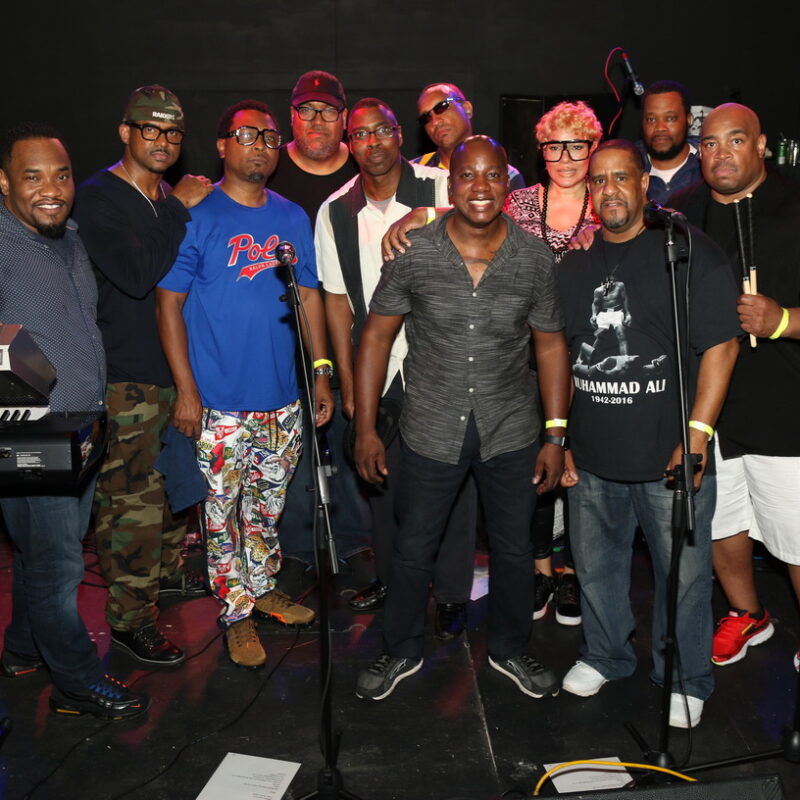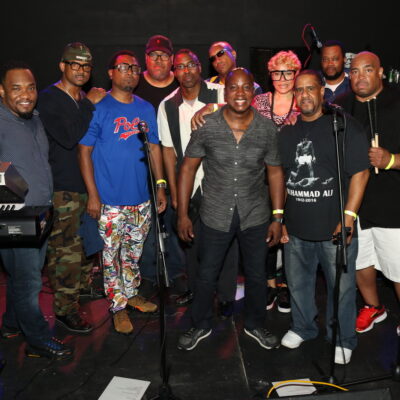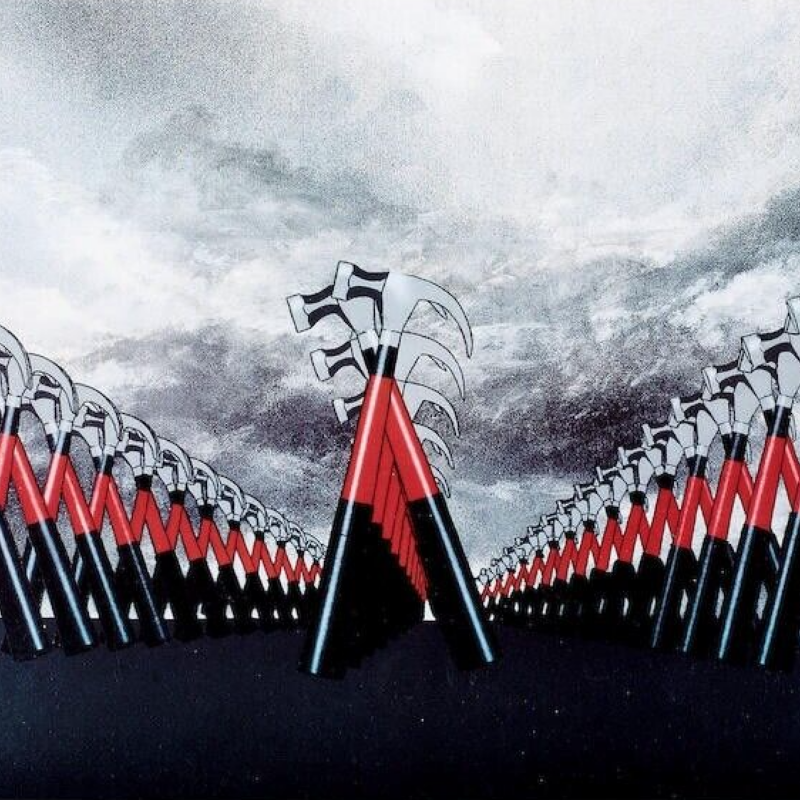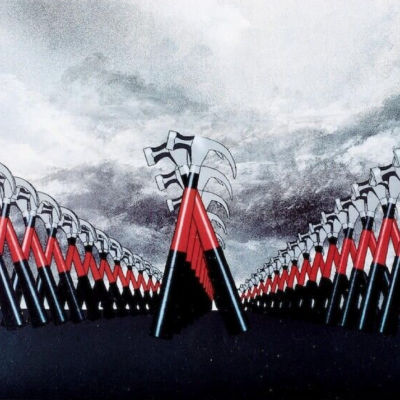It would be a very short list of film festival guests who have a stronger set of accomplishments and accolades than Barry Levinson. His recognition includes over a dozen Oscar nominations, and Oscar wins for Best Director and Best Picture for Rain Man. But maybe even more impressive than the awards is the sheer number of hats that he’s worn over the years.
Levinson started in the business writing TV comedy, and he has also produced for television (“Homicide: Life on the Streets” and “Oz”) and directed commercials. He has directed and produced both feature films and documentary films. He has published a novel. And a stage musical version of Diner is currently in out of town trials. If Hollywood were a baseball team, Barry Levinson would be its MVP utility infielder.
For somebody who’s done so much at such a high pitch over the years, Levinson seems like a pretty laid back guy. Reached for a phone conversation prior to his festival appearance, C-VILLE asked him what it took to juggle so many projects and avenues of expression. His response was characteristically easygoing. “It’s not really juggling,” said Levinson. “You just go with what interests you. I’ve been very lucky in that regard.”
Levinson’s work is in keeping with his personality. He is not an auteurish director out to wow you with his technique. Instead, he’s a gifted, straight-ahead storyteller whose strengths are the bread-and-butter of classic Hollywood filmmaking: strong character, sharp dialogue, and broad audience appeal. It would be easy to look back on his career and pigeonhole his work. You could think of the early films, for instance (Diner, Tin Men, Avalon, The Natural) as just nostalgia pieces. You could think of the middle films (Good Morning Vietnam, Sleepers, Rain Man) as emotional crowd-pleasers, and you could look at some of his more recent work (Wag the Dog, What Just Happened, and the great little documentary PoliWood) as satires of the politics and entertainment industries. But to categorize them would be to miss what makes them Barry Levinson movies.
What unites all of these films is his comedic sensibility. And the comedy in Levinson’s movies is of a very specific type. It’s not played for the big laugh. It’s subtler than that, more driven by character. If you’re looking for the heart of Levinson’s comedic style you can find it most strongly in the one thing that plays a key role in all of his movies: dialogue at cross purposes. Characters in Levinson’s movies are constantly tripping all over themselves and each other to express what they mean, to make a connection, to get something done. They talk past each other in a way that can be funny, or it can be sad. Often, it turns out to be both.
“I think that’s part of us,” said Levinson. “That’s human behavior. Period. We have these crazy little quirky things. There are these discussions that are endless that are about something but are really not quite about that. That’s always appealed to me. The conversation where what’s being said isn’t what’s really being said. That’s what I’ve been fascinated by.”
You can see it in his two best-known films. In Diner, his break-out movie, there’s a constant verbal do-si-do going on where the subjects are petty but the stakes are unaccountably high. That same irony is the backbone of Rain Man as well—in the comic minuet between Cruise’s and Hoffman’s characters. Meanings are hopelessly tangled, the truth about the past is garbled and obscure, and the human connection that Cruise comes to hunger for in the course of the movie is either fleeting or impossible. You look too closely at these films and you have to come to an inescapable conclusion. Barry Levinson has a dark side.
That dark side is very much on display in the two films he’ll be screening and discussing at this year’s festival. The Natural is a classic fable about baseball, lost opportunities, and second chances. It’s a shining Arthurian myth about a man struggling against time to live up to his expectations for himself. But compare it to that other baseball fairy tale Field of Dreams and what you find is real menace working against the happy ending, the dark edges of the story filled with serial killers and femme fatales and sinister forces willing to murder for profit.
And his newest film The Humbling, adapted from the novel by Philip Roth, might be his darkest yet. It tells the story of an aging actor played by Al Pacino who is lost in the labyrinth of language and his own ego, slowly unraveling as he tries to sort out what happened to his talent and what to make of the incomprehensible relationship he finds himself in with a woman half his age.
The ego bruising visited on Pacino’s character is vicious, but it’s also savagely, darkly funny. “I would say it’s an extremely stripped-down observation of a character in a comedic-tragic form,” said Levinson. “I think that’s where its strength is. Because when we show it to a large audience, you hear the laughs coming all through the movie. So it’s not some somber, dark exploration. It is a tragi-comic exploration. That’s how it works in front of an audience.”





